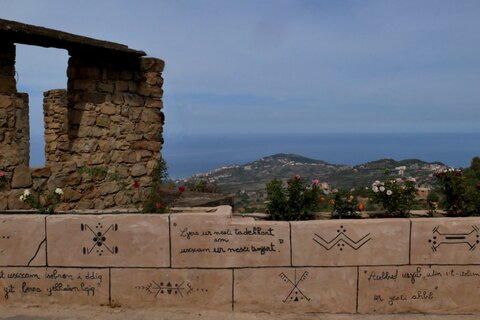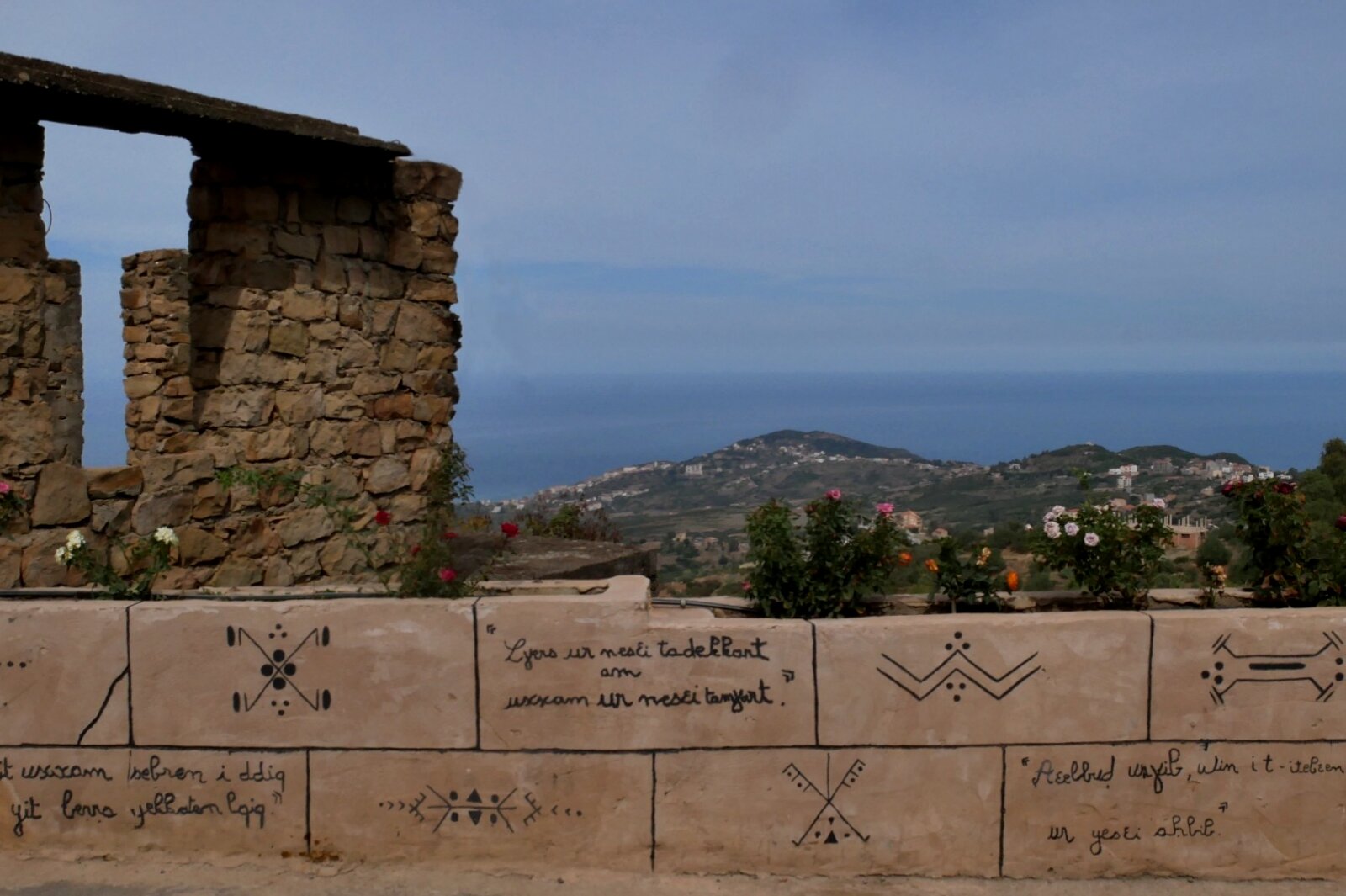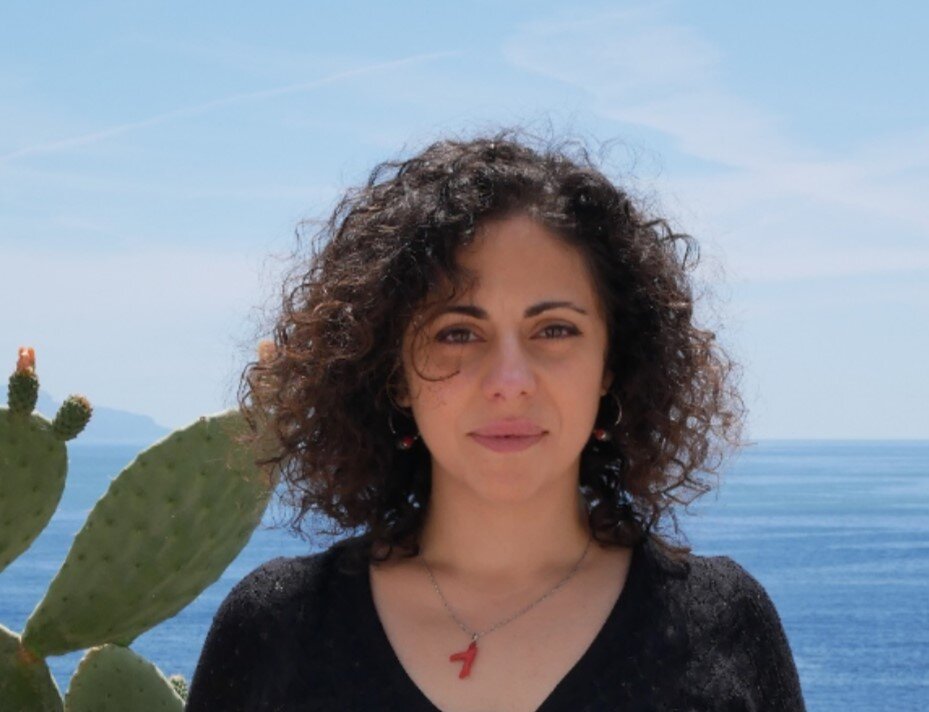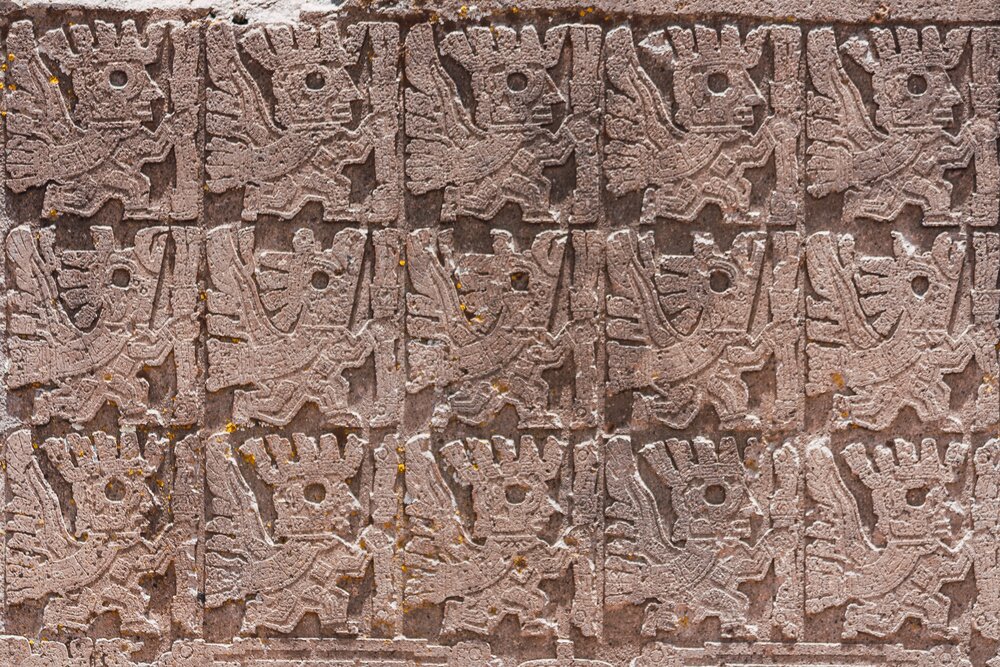A Socio-anthropological approach to discreet action
Women's invisibility and (infra)political commitment in Kabylia (Algeria)


Awarded Project – Louis Dumont Fund 2024
Published at 28 October 2024




